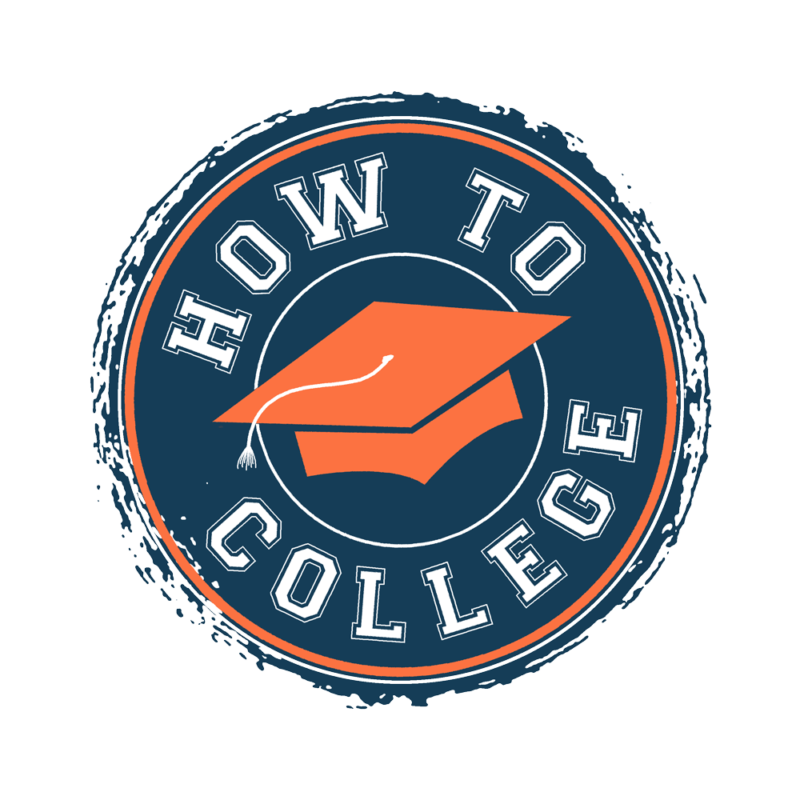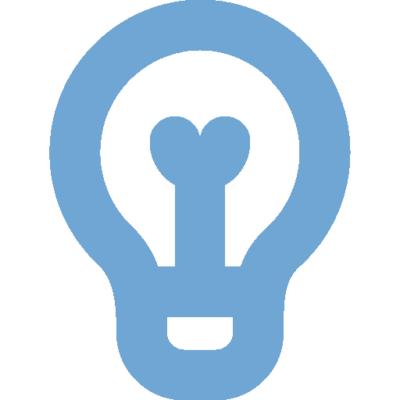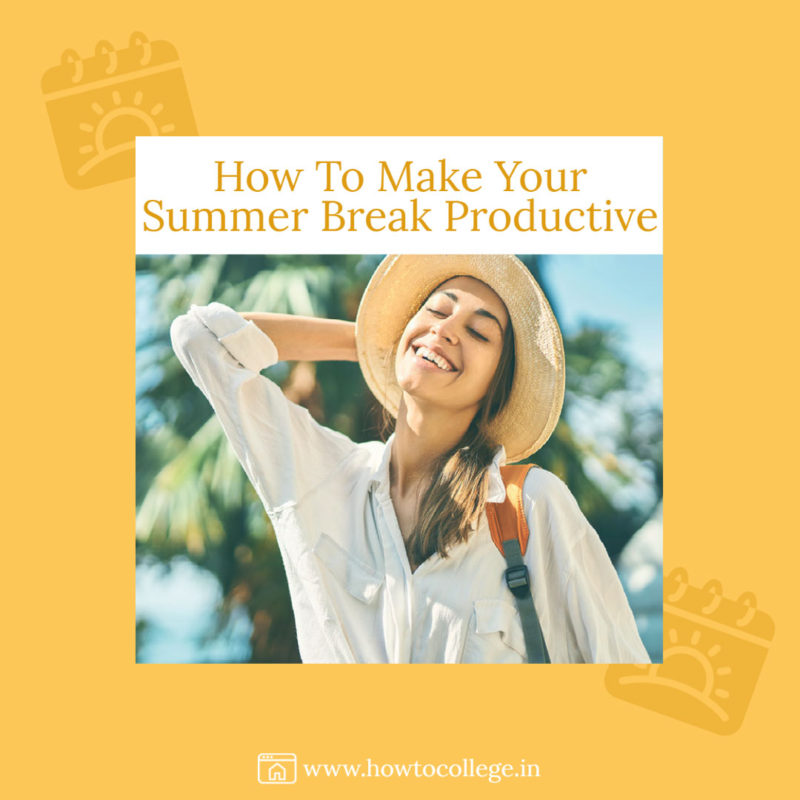With college admissions, decisions are not just about grades and test scores. Colleges use a holistic approach to evaluate applicants, with the student’s entire profile being considered beyond just the GPA. Colleges look at ‘soft factors’ like essays, extracurricular involvement, community service and summer activities.
When colleges evaluate student activities and interests, they often look into how students spent their summer break. Free time in the summer gives students even more opportunities to explore their interests and deepen their involvement and impact. This helps students become specialists in their areas of interest – something that selective colleges are looking for when making admissions decisions.
Read on to learn more about how you can make your summer break productive.
- Learn a New Skill: Use the summer break to learn a skill that you can add to your resume. Try and expand your skill set beyond your decided major. Try a new instrument or hone your skills further, take a class in painting, photography, self-defence, robotics or learn to code. Summer break can be a great time to explore and pursue new interests!
- Get an Internship: A summer internship can be a greatway to learn more about a business or industry and gain practical workexperience to add to your resume.Working over the summer, be itpart-time or full-time, helps acquiretransferable skills, such as communication, organization, timemanagement and administrative skills. Internships could also be a great way to find out where your passion lies!
- Learn a Foreign Language: Today, communication skills are extremely important, and learning a foreign language can help you enhance yours. Join organized classes, e-learning platforms or watch videos and self-study. Learning a new language can help you explore a whole different culture and maybe even make new friends who are also learning the same language!
- Serve the Community: Find opportunities to do good in yourcommunity. Join a volunteer travelprogram and apply your skills &education through meaningful, hands-onlearning. Volunteer roles are oftenavailable through research programs andorganizations in need of help, includecharities, festivals, local non-profits, events and community groups.
- Explore College & Career Options: Use the summer break to examine various careers and educational requirements and evaluate different educational opportunities after high school or college. Identify academic choices and extracurricular activities that will enhance your student profile. Research the cost of education options.
- Take Online College-Level Classes: Use the summer break to learn a skill that you can add to your resume. Try and expand your skill set beyond your decided major. Try a new instrument or hone your skills further, take a class in painting, photography, self-defence, robotics or learn to code. Summer break can be a great time to explore and pursue new interests!
- Get Started with Test-Prep: Standardized tests are a crucial part ofcollege admissions. In some cases, itmay be the final decision between twostudents for a college admissiondecision. Moreover, test scores oftenmake you eligible for scholarships! Get afeel for standardized testing by takingpractice tests and checking out books,apps, websites, and other resources tohelp you study.
- Take Virtual College Campus Tours: College campuses become your home for years. Through self-paced exploration, a virtual campus tour helps you explore the social venues on your campus, like student lounges, recreation centres and coffee shops. A virtual tour allows you to see the dorms you might live in, the dining halls and the all facilities you will learn in on campus.









